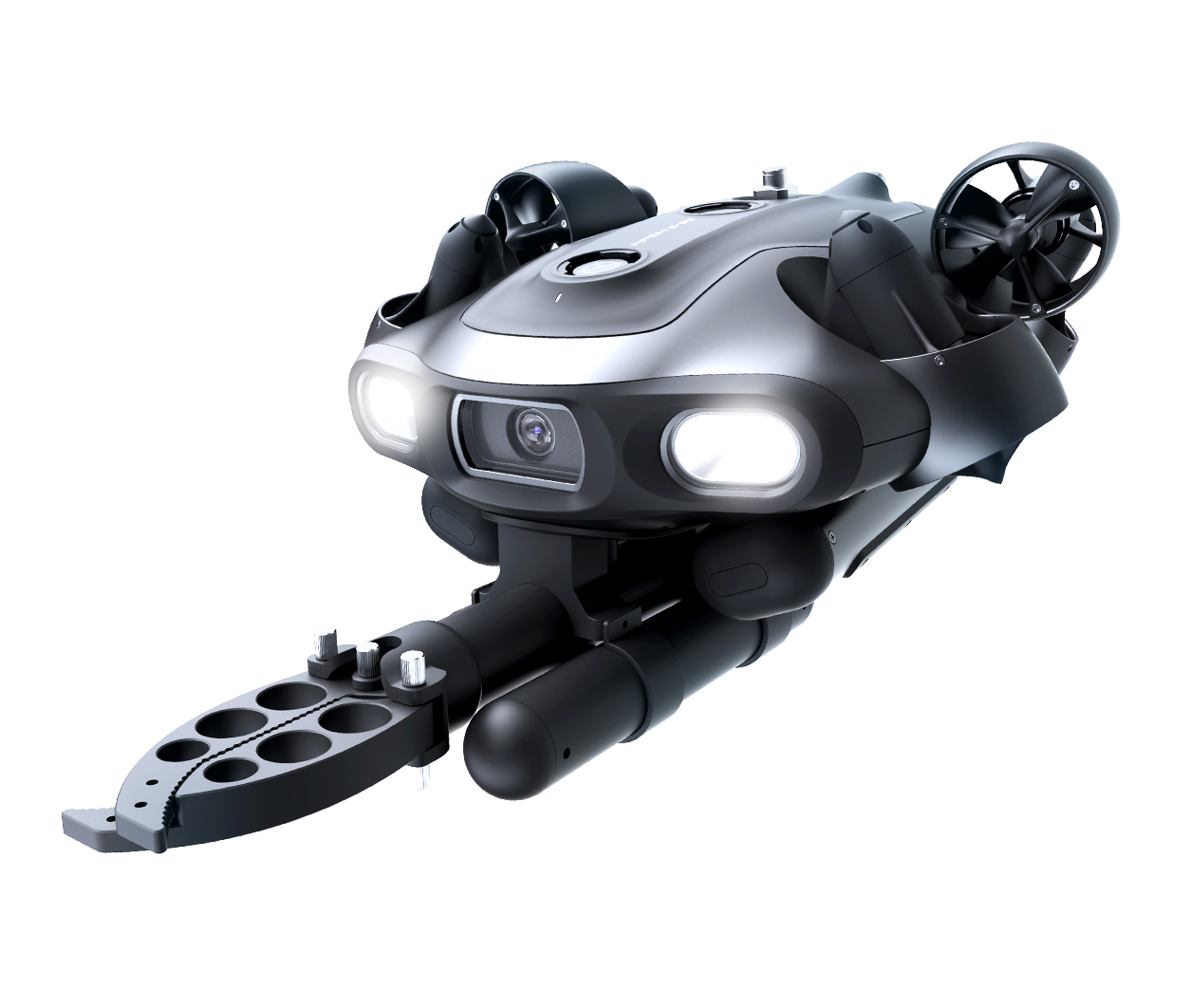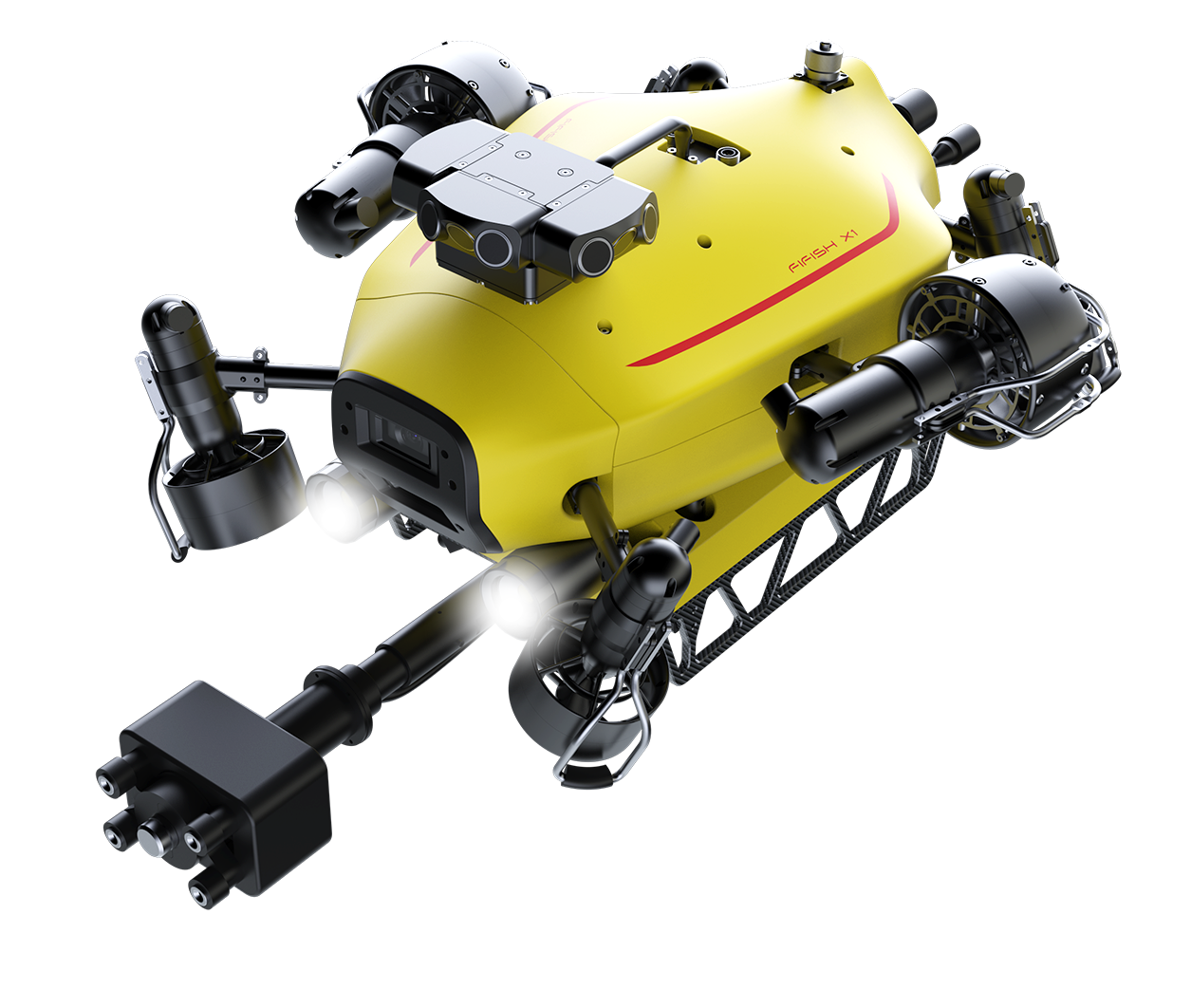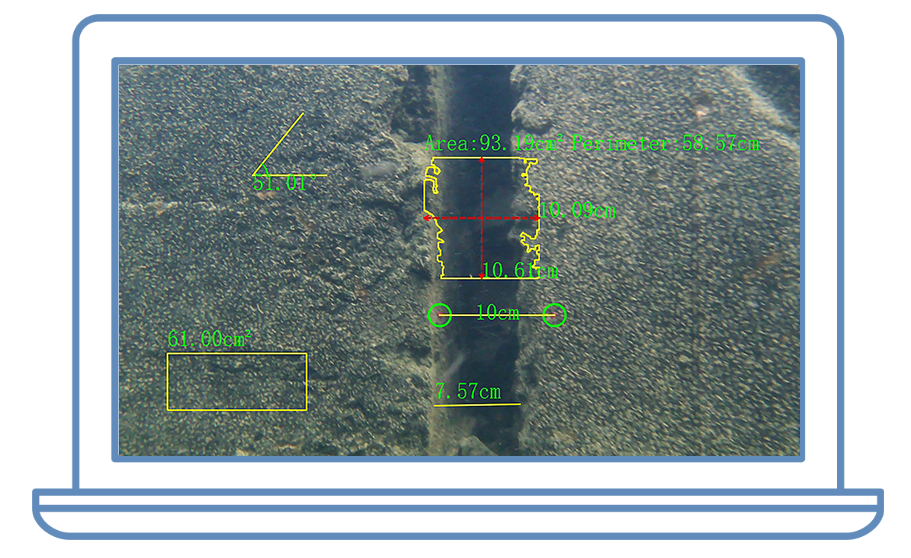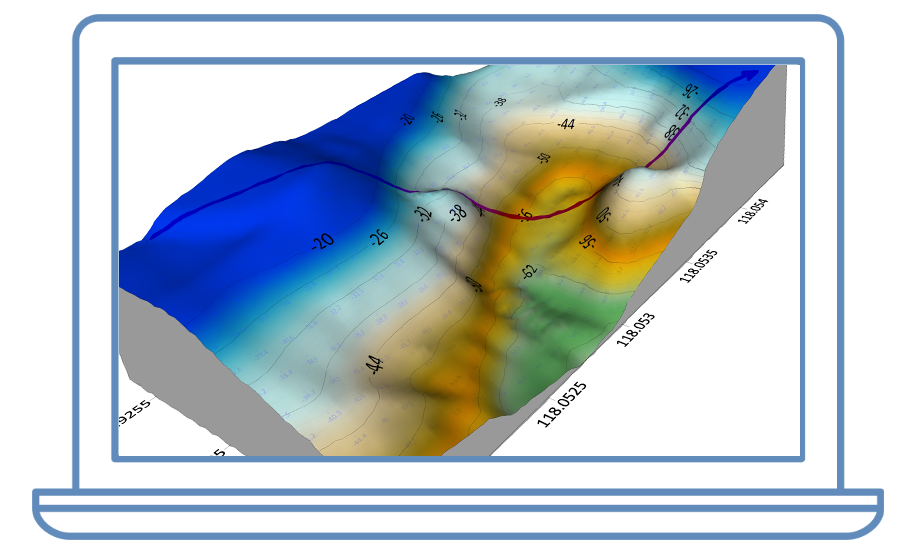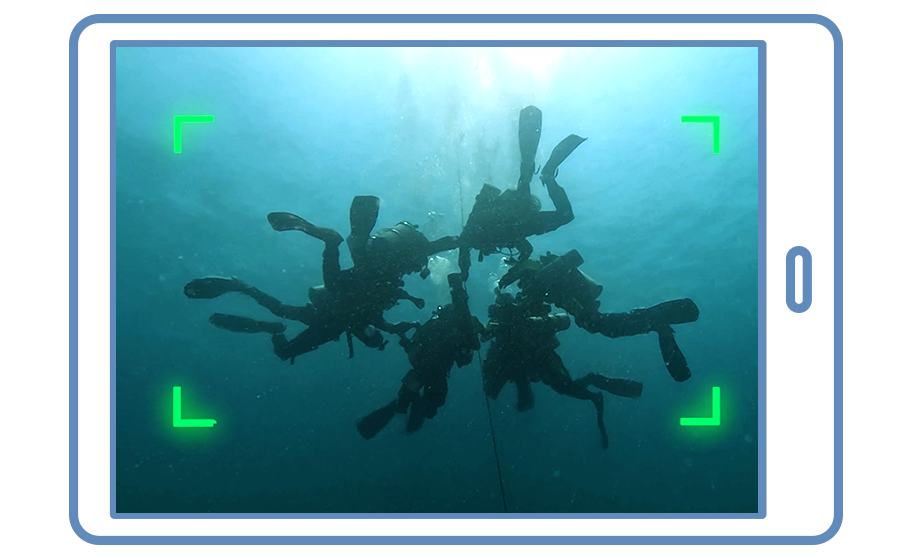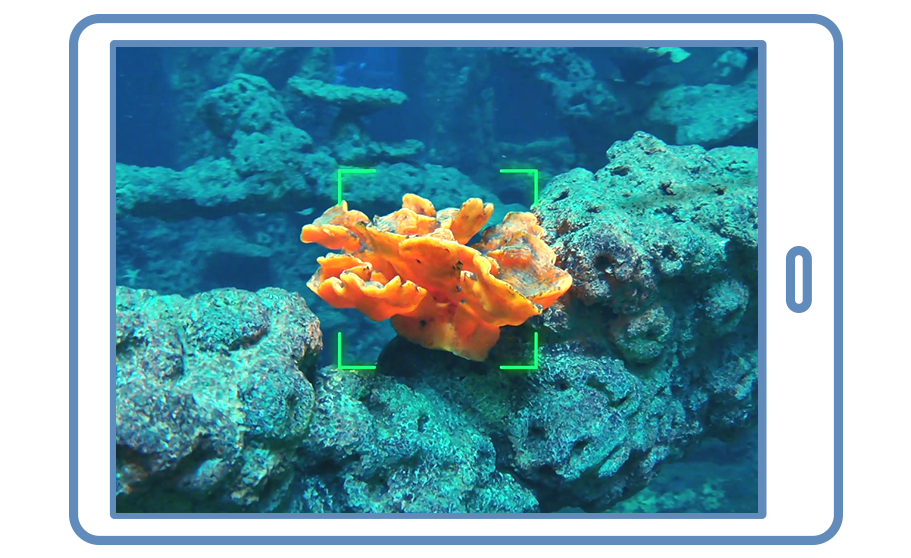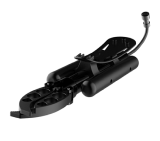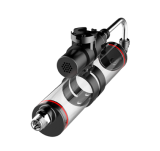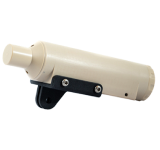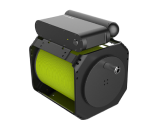2025-01-23
Safeguarding the Future of Coral Reefs: QYSEA FIFISH ROV Strengthens Marine Conservation
Okinawa, Japan · July 2023
Challenges in Marine Ecology: Limitations of Traditional Monitoring Methods
Coral reefs, the "rainforests of the sea," are critical to marine ecosystems, supporting countless species. However, climate change and human activities have placed these vibrant habitats under significant threat. While traditional diving-based research has provided valuable insights, it is often constrained by depth limitations, human safety concerns, and time-consuming processes. A novel approach is changing the game.


Beyond the Surface: A Technological Leap
At the heart of this transformation is QYSEA’s FIFISH ROVs, which bring unmatched versatility and precision to underwater exploration. Unlike conventional methods, these robotic systems integrate cutting-edge tools such as environmental DNA (eDNA) sampling and real-time navigation systems. Capable of diving to depths of 350 meters, FIFISH ROVs access habitats previously considered unreachable.



A significant application of this technology was in Okinawa, Japan, where QYSEA partnered with NTT Docomo and the Okinawa Institute of Science and Technology (OIST). Led by Professor Sato Noriyuki, a renowned marine biologist specializing in coral ecosystems, the research team explored the ecological intricacies of Okinawa’s reefs. This collaboration went beyond standard research, creating an intersection of technology and ecological stewardship. While media coverage often focuses on FIFISH ROVs' impressive technical specifications, the real impact lies in their ability to redefine how data is collected and interpreted in marine conservation efforts.

A Groundbreaking Impact on Conservation
This project marked a shift from merely observing coral health to actively engaging in its preservation. The eDNA technology employed by FIFISH ROVs enabled scientists to map coral biodiversity with over 90% accuracy. Such precision allows conservationists to identify species at risk, monitor environmental changes, and design targeted interventions. Moreover, the ability to live-stream underwater exploration provided an unprecedented way to involve the public in ecological efforts, fostering awareness and engagement.

The findings were eye-opening. Okinawa’s Kerama Islands showcased a complex mosaic of coral species, vastly differing from the more uniform reefs of the main island. These data provided a foundation for localized conservation strategies, underscoring the diversity within seemingly similar habitats.


Setting a New Standard in Marine Conservation
This project not only showcased the technological advancements of the FIFISH ROV but also demonstrated the synergy between technology and ecological preservation. By continuously innovating and fostering collaborations, FIFISH is setting new benchmarks for marine conservation efforts worldwide, driving broader environmental impact and greater public participation.



